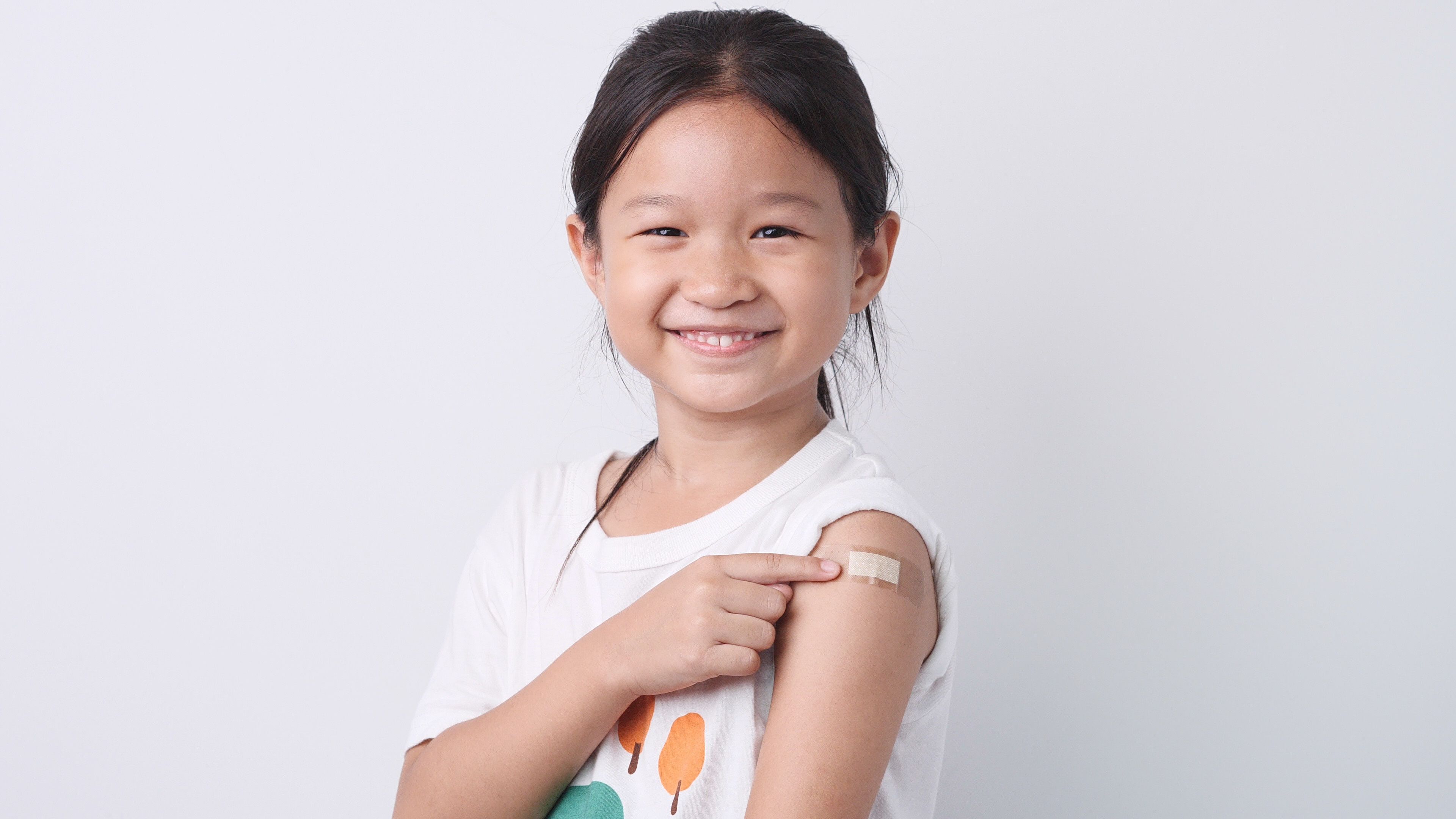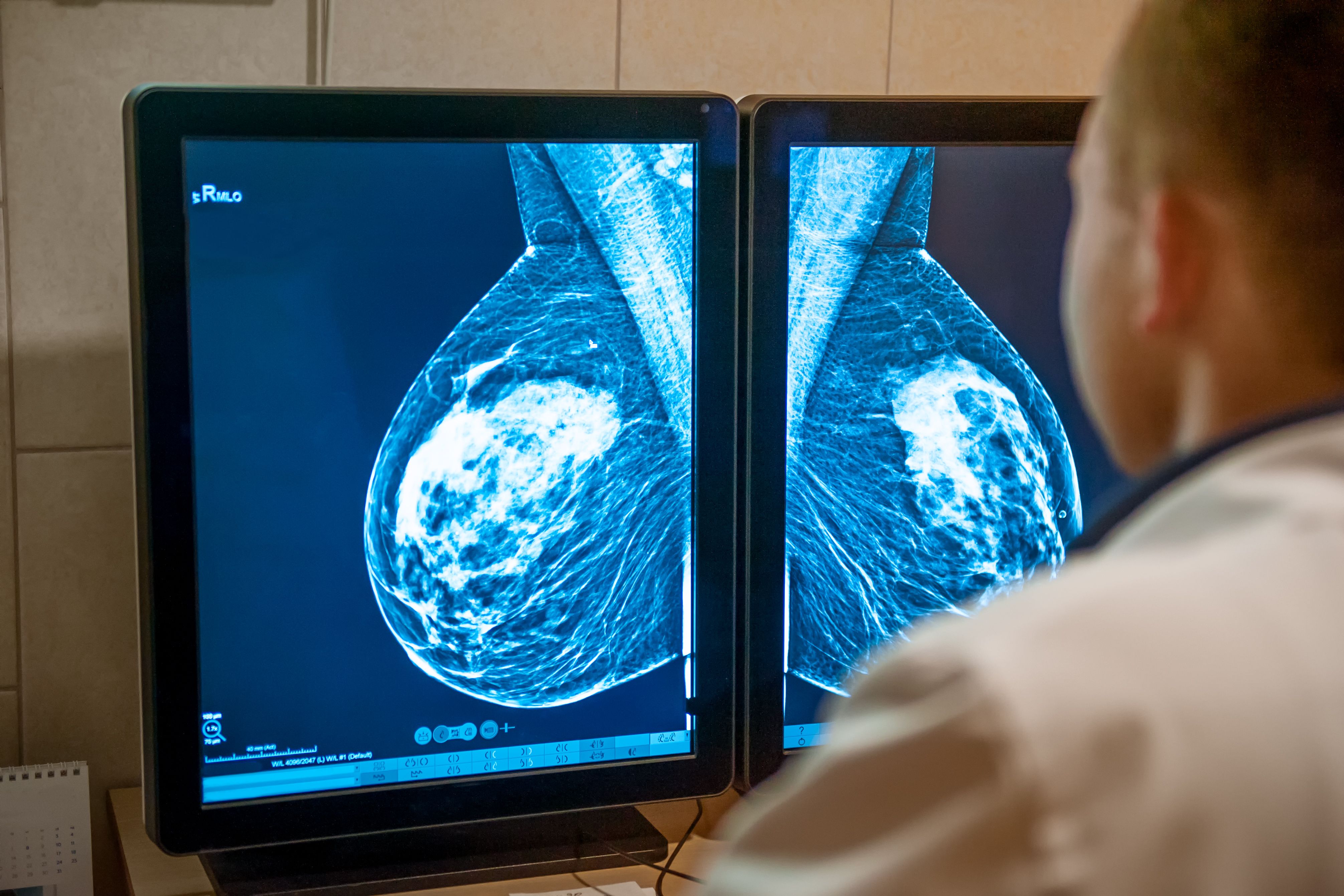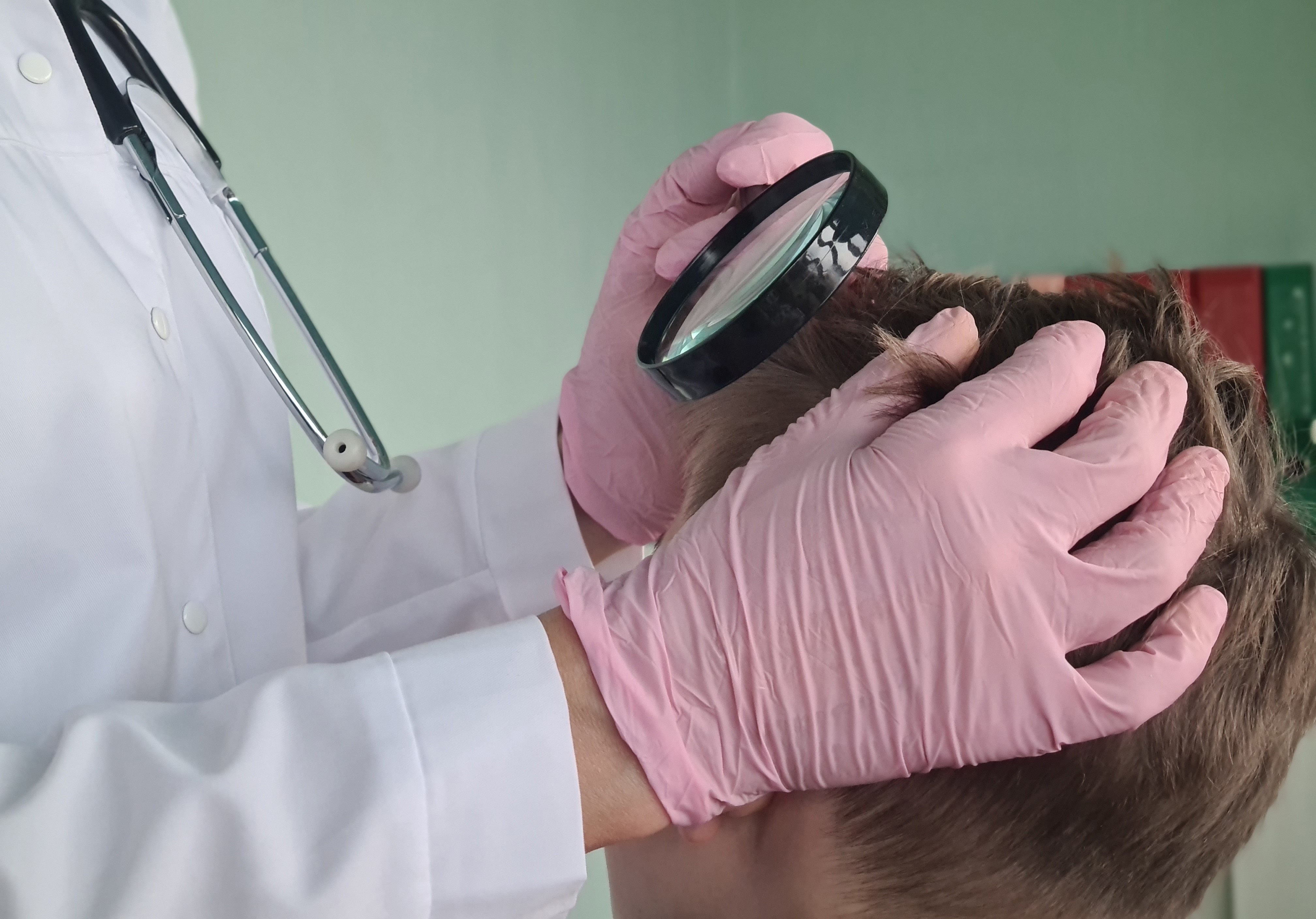News
Article
Did the COVID-19 Pandemic Change Parental Vaccine Hesitancy in the United States?
Author(s):
Growing misinformation around COVID-19 vaccines may have resulted in changes in parents’ trust in vaccines.
A study found that the COVID-19 pandemic was not associated with changes in the proportion of parents who were hesitant toward childhood vaccines but was associated with decreased trust in vaccine information and polarized vaccination attitudes.
Child after vaccination | Image Credit: © iHumnoi - stock.adobe.com

This longitudinal survey study is published in Pediatrics.1
“Throughout the pandemic, you saw a lot of headlines around COVID vaccine refusal and how that refusal was spilling over into other routine vaccines,” Sean O’Leary, MD, MPH, a professor of pediatrics in the Section of Pediatric Infectious Diseases at the University of Colorado School of Medicine and an investigator at the Adult & Child Center for Outcomes Research & Delivery Science, said in a statement.2 “I work with a lot of general pediatricians, and I’m married to one, and I was hearing the other side of that coin—that some people who formerly refused vaccines were now asking to catch their kids up. It seemed a lot more complicated than simply, ‘People are refusing COVID vaccines, so now more are refusing other routine childhood vaccines.’”
This study was based on an ongoing clinical trial, measuring vaccine attitudes of parents of newborns in September 2019, before the onset of the pandemic. The researchers analyzed data administered by the Colorado Department of Public Health and Environment, which randomly samples birthing parents in Colorado based on birth certificates. All completed surveys from April 1, 2018, to August 31, 2021, were included in the analysis (n = 3594). The survey data were weighed based on demographics, including age, race, ethnicity, education, geography, marital status, parity, and Medicaid status.
The survey was based on the Parent Attitudes about Childhood Vaccines (PACV5) vaccine hesitancy questionnaire, which consists of 5 questions with a 5-point Likert scale of responses. Additionally, COVID-19 time periods were categorized as prepandemic (April 1, 2018, to February 29, 2020), pandemic prevaccine (April 1, 2020, to December 31, 2020), or pandemic post vaccine (January 1, 2021, to August 31, 2021).
Overall, there was a 43.8% survey response rate, with a sample of 3553 respondents who representing a weighted population of 205,496 birthing parents in Colorado. In this sample, 21.7% (n = 44,518) of all birthing parents were vaccine hesitant.
No significant difference was seen in the proportion of parents who were vaccine hesitant during the prepandemic period (22%) compared with the pandemic prevaccine (19.4%) and late pandemic (23.3%) time periods, respectively (P = .2).
Furthermore, no significant differences were identified in the odds of overall parental vaccine hesitancy in the pandemic prevaccine period compared with the prepandemic period (adjusted OR [AOR], 0.82; 95% CI, 0.65-1.04) or in the later pandemic postvaccine period compared with the prepandemic period (AOR, 1.07; 95% CI, 0.85-1.34).
However, the researchers observed trends indicating the parents’ trust of vaccines wavered during the pandemic periods, with fewer parents checking “not sure” and moving toward being hesitant or not hesitant about childhood vaccinations. Similarly, more parents were “not sure” about childhood vaccination during the pandemic periods compared with the prepandemic period.
Significant differences were also found between vaccine-hesitant and nonhesitant parents regarding race, insurance status, education, region of residence, multiparous birthing parent, and age.
“We need a better understanding, on a national and ultimately a global scale, of vaccine confidence,” O’Leary said in the statement.2 “If vaccine confidence truly is going down, and fewer people are getting vaccinated, that will lead to outbreaks of infectious diseases. If you can understand where that's happening, so you can go into those communities and address the misinformation and rebuild the confidence in these lifesaving products, that is ultimately the goal.”
References
1. Higgins DM, Moss A, Blackwell S, O’Leary ST. The COVID-19 pandemic and parental attitudes toward routine childhood vaccines. Pediatrics. 2023;152(5):e2023062927. doi:10.1542/peds.2023-062927
2. University of Colorado Anschutz Medical Campus. Did the COVID-19 pandemic change parents’ attitudes about vaccines? News release. EurekAlert! December 6, 2023. Accessed December 11, 2023. https://www.eurekalert.org/news-releases/1010352.





